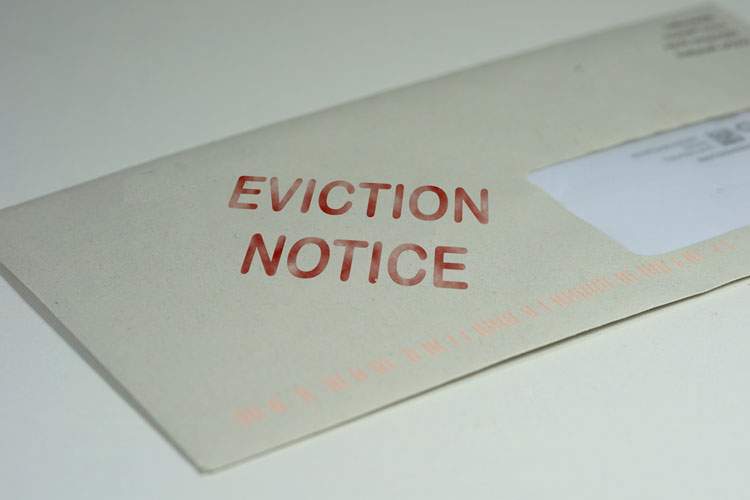Eviction Lawyers Role: Ensuring Legal and Just Evictions
Evictions are undoubtedly one of the most challenging aspects of property management, involving complex legal processes that demand precision and fairness. In this intricate dance between landlords and tenants, an unsung hero emerges – the eviction lawyer. Beyond the courtroom drama, these legal professionals play a vital role in upholding justice and ensuring that the eviction process is not only legal but also fair and just for all parties involved.
Understanding the Legal Landscape:
Eviction lawyers are legal experts who specialize in the intricate web of property and tenancy laws. In the blog, we’ll delve into the multifaceted legal landscape that governs evictions, touching upon tenant rights, landlord obligations, and the various legal grounds for eviction. This understanding forms the bedrock of their role in ensuring that eviction proceedings adhere to the letter of the law.
Navigating the Legal Maze:
Eviction procedures are riddled with complexities, and without the guidance of an experienced eviction lawyer, both landlords and tenants can find themselves lost in a legal maze. The blog will shed light on how these lawyers act as guides, steering their clients through the legal intricacies, ensuring all necessary paperwork is filed correctly, and deadlines are met.
Mediation and Negotiation:
Eviction lawyers often act as mediators between landlords and tenants. Rather than rushing to the courtroom, these legal professionals attempt to negotiate settlements that are fair and agreeable to both parties. This section of the blog will highlight the importance of open communication and negotiation skills in reaching resolutions that avoid the emotional and financial toll of a protracted legal battle.
Protecting Tenant Rights:
While representing landlords, eviction lawyers also play a crucial role in safeguarding the rights of tenants. This includes ensuring that eviction notices are legally sound, providing tenants with the opportunity to address issues, and preventing wrongful or retaliatory evictions. The blog will emphasize how eviction lawyers act as a balance, advocating for fair treatment and due process.
Educating Stakeholders:
An often overlooked aspect of an eviction lawyer’s role is education. These legal professionals educate both landlords and tenants about their rights and responsibilities. The blog will underscore the importance of informed decision-making in preventing unnecessary conflicts and legal entanglements.
Championing Fairness in the Courtroom:
In instances where court intervention is inevitable, eviction lawyers become advocates for fairness in the courtroom. This section will explore their role in presenting cases, arguing legal points, and ensuring that the court’s decision is just and impartial.
Eviction Law Firm – Eviction Lawyers Role
In the complex world of evictions, the role of an eviction lawyer goes far beyond legal proceedings. They act as navigators, negotiators, and educators, ensuring that the eviction process is not only lawful but also fair and just for all parties involved. As we delve into the nuances of eviction law, it becomes evident that these legal professionals play a crucial role in maintaining balance and upholding the principles of justice in the realm of property management.




